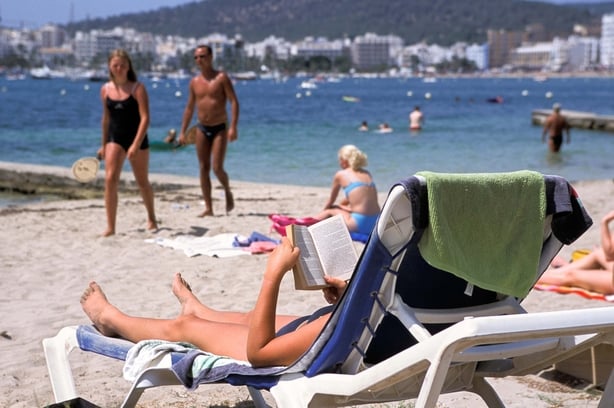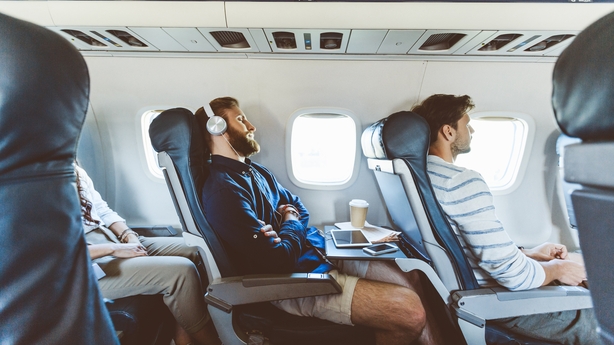As summer approaches, many of us are eager for a sunny getaway, whether it is lounging on a beach or relaxing on a veranda. However, the current cost-of-living crisis has put a strain on finances.
Adding to the pressure, holiday prices soar during school holiday periods, driven by high demand. Families, constrained by school schedules, find themselves competing for travel options.
Moreover, rising inflation, both domestically and internationally, has impacted the travel industry as well. Increased fuel and maintenance costs, as well as supply-chain issues, have helped push up flight prices.

Despite these challenges, there’s a glimmer of hope for those planning a European holiday this summer. By remaining flexible with both destination and travel dates, there are opportunities to save money and make the most of the travel experience.
Finding cheaper holidays
Experts advise that flexibility in choosing your travel destination is key to finding affordable flights and holidays.
Raphael Giacardi, head of UK editorial at the travel deals platform HolidayPirates, says: "If you want to book a week in Greece, Spain or any mass-market destination, it’s going to be hard to find cheap flights."
He suggests that travellers should consider destinations that are often overlooked by others.
For example, he says, flights to Mallorca, including bags, would cost roughly €526 for a family of three, whereas a trip to Nice, France with BA would cost roughly €370.
"The French Riviera is certainly a bit cooler than the Balearics at that time of year, but it’s a beautiful destination with lots to see and do for families."

How to search for cheap flights
Flight prices are forever changing and governed by "complex algorithms" that cannot be fixed by using private browsing and cleaning cookies.
Giacardi says: "There’s an enduring myth that you should use private browsing or clear your cookies before looking for flights, and that search volume impacts prices. There’s no truth in that."
He recommends that tempted travellers should decide their budget for specific destinations and then set up price alerts on platforms such as Kayak as early as possible, as flights are typically released nine to 12 months in advance.
"Weekend departures for a traditional seven-night holiday always command a premium because they enable people to have a week off using only five days of annual leave," he adds.
"Any weekday departure will require a sixth day of leave (unless you can find late flights, but that will eat into your holiday time). So, if you’re happy to use an extra leave day, weekday departures should save you some money."
How far in advance should you book?
Booking your flight early is advisable however if you are flexible with your flights experts do recommend booking your flight at a later time.
Giacardi says: "For people who have very specific requirements in terms of when and where they want to travel, booking early is advised. Prices will be fairly competitive if there’s still a lot of availability in the market.
"But, if you’re flexible, it might be worth leaving it late. As certain destinations underperform against the travel companies’ expectations, you can see considerable price drops."
The top advice is to establish a budget, find a holiday that suits your preferences, and book it.
For those who prefer not to handle the research themselves, there are plenty of travel-deal companies that specialise in uncovering the best offers on your behalf.

Should you book as part of a package?
"Sometimes, but not always," Giacardi says. "Again, it depends on what type of traveller you are" – as certain travel companies have committed stock, which may include operating airlines or pre-purchasing hotel rooms.
In this case, every vacant seat or unsold room incurs a financial loss for them. Plus, last-minute discounts can be substantial as they strive to fill these vacancies and minimise losses.
"Generally speaking, peace of mind is the number-one benefit of booking a package", Giacardi says, adding that in the UK packages are financially protected through the ATOL scheme should anything go wrong.
"When booking elements separately, if anything goes wrong, you’re at the mercy of your travel insurance," he says.
But when exploring destinations that are not so well served by the major tour operators, booking flights and accommodation separately often proves to be cheaper. Therefore, opting for this approach might be your best strategy for securing an affordable European deal.
